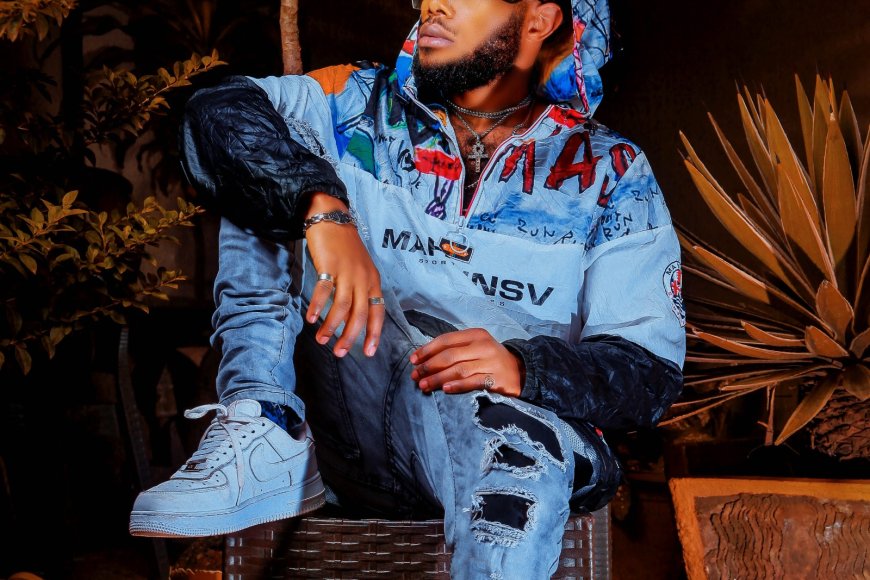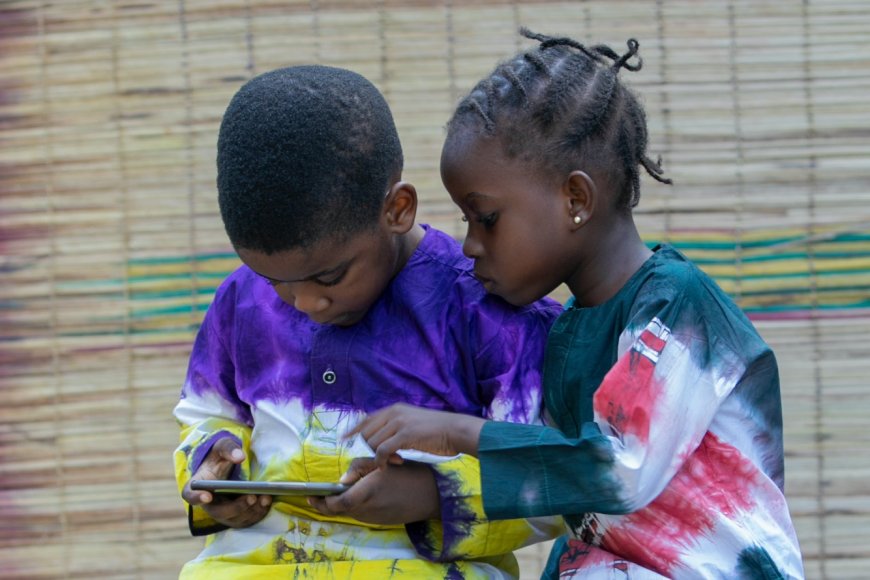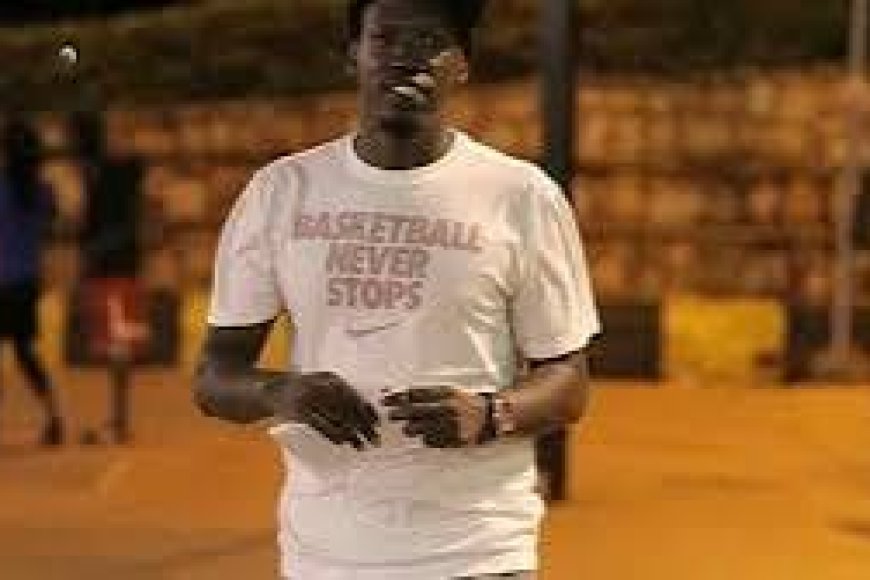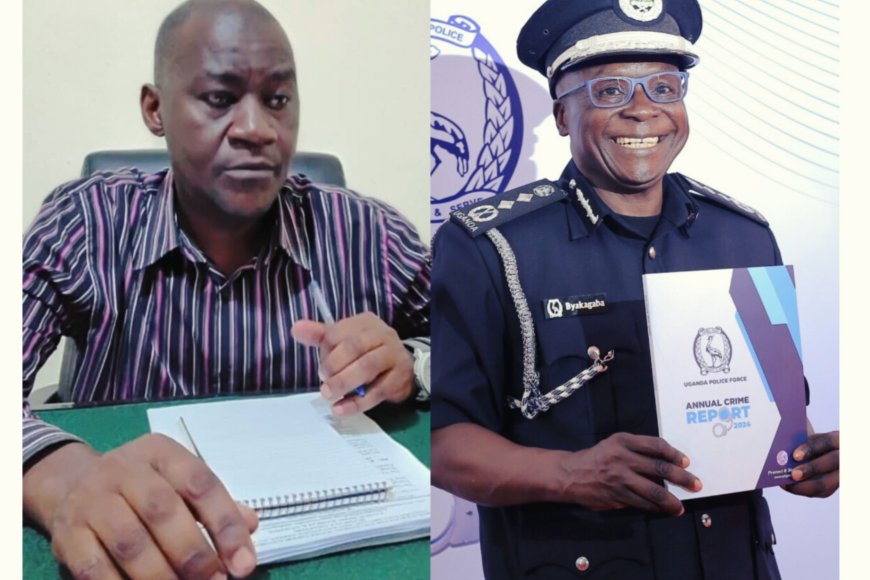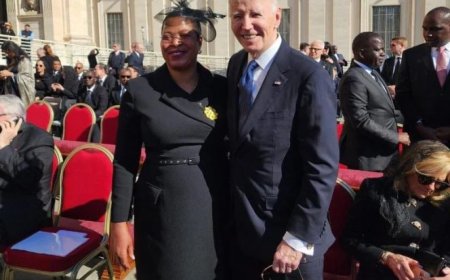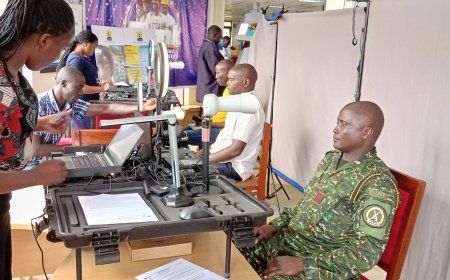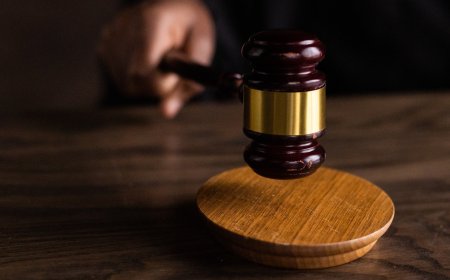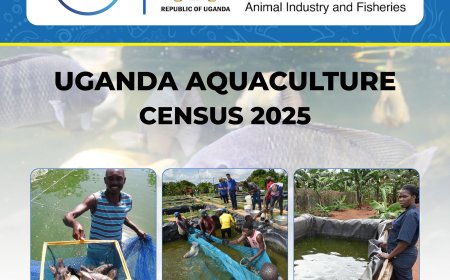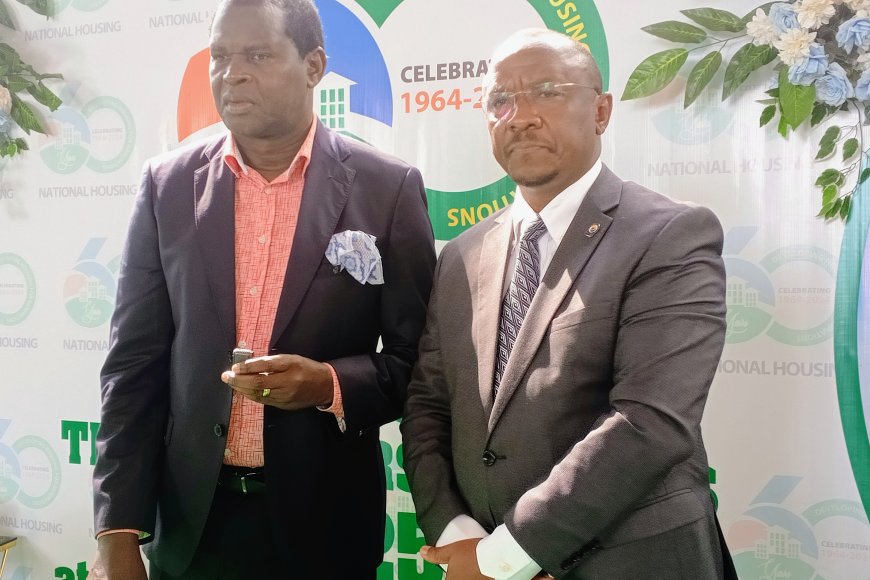Habemus Papam! Cardinal Robert Francis Prevost Elected as the 267th Pope, Takes the Name Pope Leo XIV
First American Pope in History
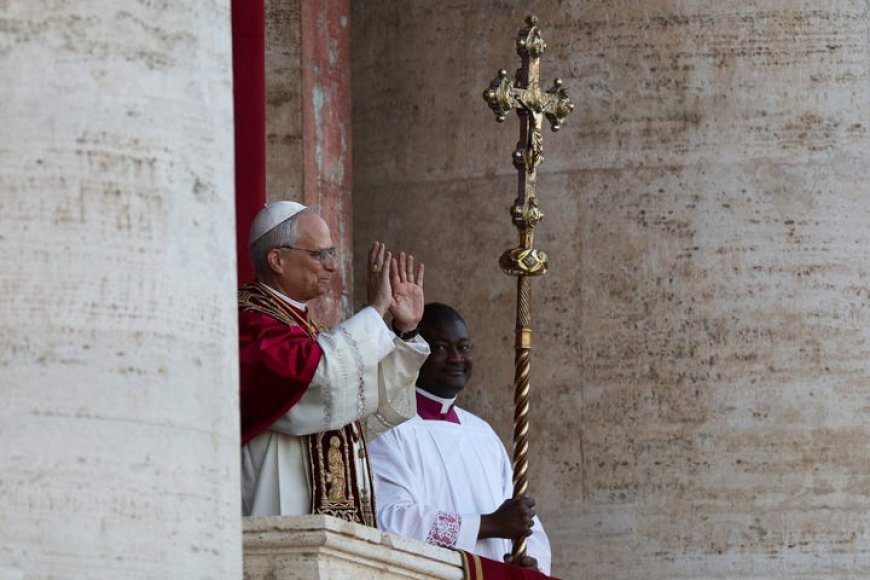
Vatican City – May 8, 2025
White smoke rose from the chimney of the Sistine Chapel at 6:48 PM Rome time on Wednesday evening, signaling to the world that the Catholic Church has a new spiritual leader. In a moment steeped in centuries of tradition and global anticipation, Cardinal Robert Francis Prevost, a 69-year-old prelate from the United States, has been elected the 267th Pope of the Roman Catholic Church. He has taken the name Pope Leo XIV, becoming the first American-born pontiff in the Church's 2,000-year history.
What You Need to Know
•First American Pope in History
The election of Robert Prevost is a historic milestone for the Roman Catholic Church. Born in Chicago, Illinois, in 1955, he is the first pontiff from the United States, a nation with over 70 million Catholics but until now, no pope. His election underscores the increasingly global nature of the Church and reflects a shift in ecclesiastical influence beyond traditional European strongholds.
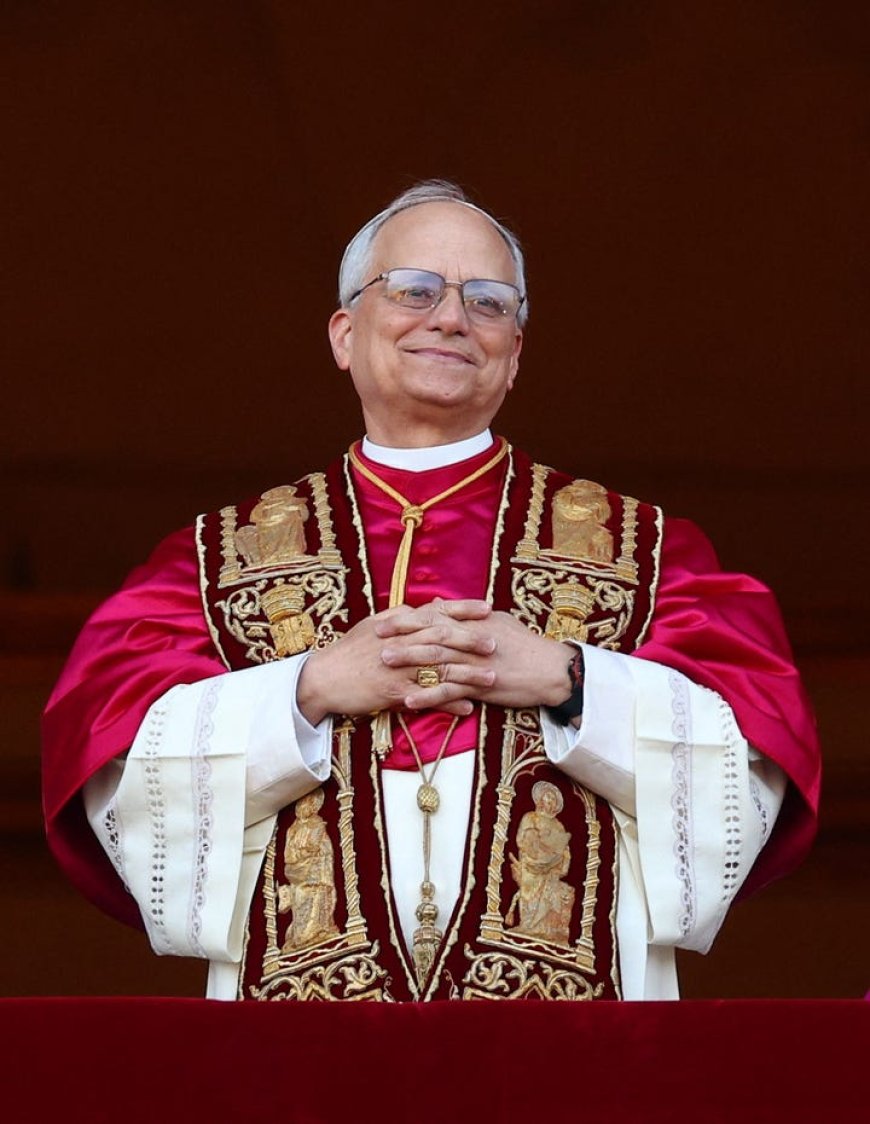
• Global Experience and Reformist Credentials
Before ascending to the papacy, Pope Leo XIV served as the Prefect of the Dicastery for Bishops, overseeing bishop appointments worldwide—a position of immense influence in shaping Church leadership. Earlier in his vocation, he worked extensively in South America, particularly in Peru, where he served as bishop of Chiclayo. His missionary and administrative experience across continents reflects a leader who understands both the challenges of the global South and the structures of the Vatican Curia.
A member of the Order of St. Augustine, Prevost is known for his theological depth, pastoral sensitivity, and diplomatic skills. Many expect him to continue the reforms initiated by his predecessor, Pope Francis, including greater transparency in Church governance, outreach to the marginalized, and a deepened commitment to environmental stewardship and interfaith dialogue.
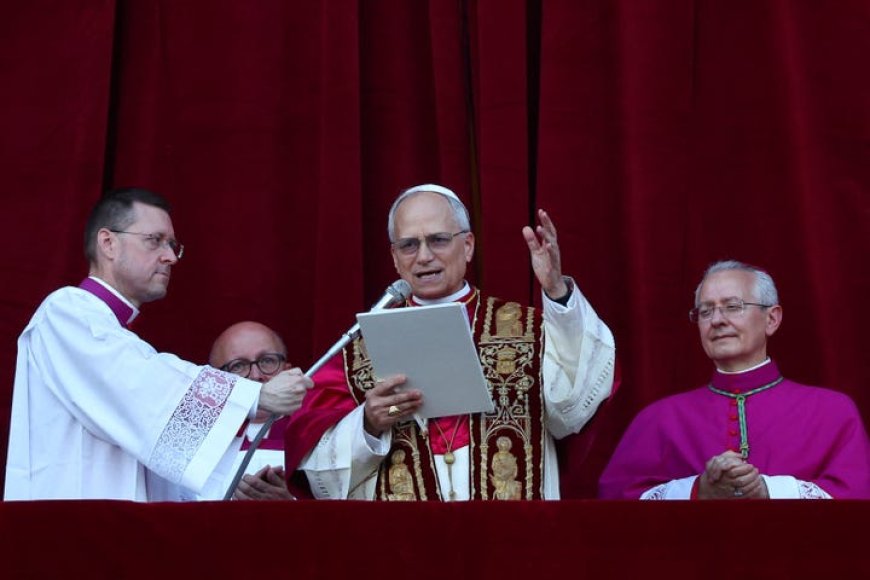
• The Papal Election Process
The conclave that elected Pope Leo XIV consisted of 133 voting cardinals from around the world. As tradition dictates, they were sequestered within the Vatican, isolated from all outside communication. To be elected, a candidate must receive a two-thirds majority—at least 89 votes in this case.
After multiple rounds of secret balloting over two days, consensus coalesced around Cardinal Prevost. When the decisive vote was cast, the signal was sent to the world: white smoke, the ancient sign that the Church had found its new shepherd.
Moments later, the Cardinal Protodeacon appeared on the central balcony of St. Peter’s Basilica and declared in Latin:
“Annuntio vobis gaudium magnum: Habemus Papam! Eminentissimum ac Reverendissimum Dominum, Dominum Robertum Franciscium Prevost, qui sibi nomen imposuit Leo XIV.”
(“I announce to you with great joy: We have a Pope! The most eminent and reverend Lord, Robert Francis Prevost, who has taken the name Leo XIV.”)
Appearing on the balcony to thunderous applause, Pope Leo XIV offered his first blessing and brief address. He paid homage to Pope Francis and his pastoral leadership, and urged the faithful to "walk together in hope, with compassion, mercy, and justice as our guides."
Observers note that his choice of the papal name “Leo” is rich with symbolism. Pope Leo XIII, for example, was a towering intellectual figure of the 19th century, known for his commitment to social justice and the famous encyclical Rerum Novarum, which laid the foundations for Catholic social teaching. Pope Leo XIV may be signaling a similar intent to address urgent contemporary issues—from global inequality to climate change—with courage and clarity.
Catholics worldwide have greeted the news with joy and cautious optimism. Churches in the Americas, especially in Chicago and Peru, erupted in celebration. U.S. President [Insert Name] called Pope Leo XIV’s election “a moment of pride for American Catholics and a symbol of unity for all people of faith.”
Religious leaders from other faiths, including Islam, Judaism, and Eastern Orthodoxy, have sent messages of goodwill, expressing hope for continued dialogue and cooperation.
Pope Leo XIV inherits a Church facing both internal and external challenges. Declining vocations in parts of the West, ongoing fallout from clerical abuse scandals, debates over the role of women in Church leadership, and tensions over LGBTQ+ issues are just some of the matters requiring urgent attention.
Moreover, the geopolitical landscape remains volatile, with wars, displacement, and ecological crises straining communities globally. Many hope that Leo XIV’s international experience, missionary zeal, and administrative acumen will bring stability and renewal.
The election of Pope Leo XIV marks not only a historical first for the American Church but also a turning point for Catholicism's future. As he begins his papal ministry, he carries the hopes of over 1.3 billion Catholics—and many more beyond—into a new era of faith, justice, and global engagement.
























